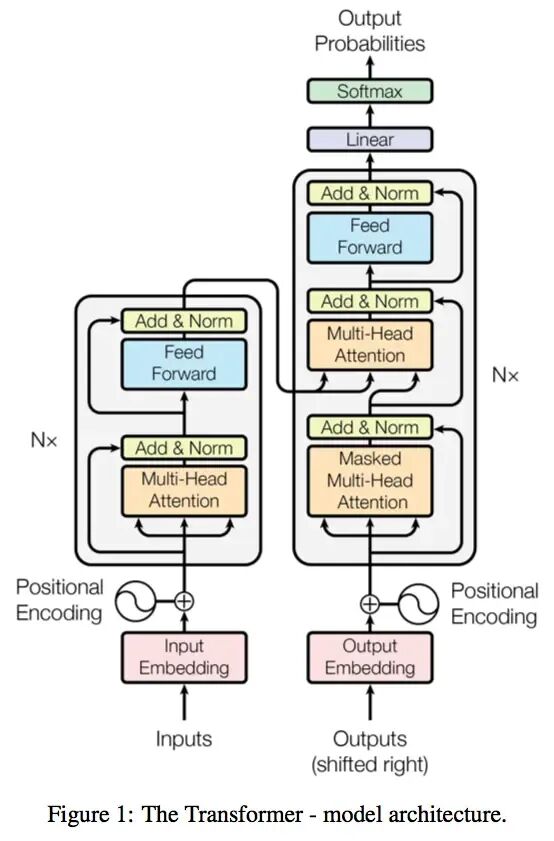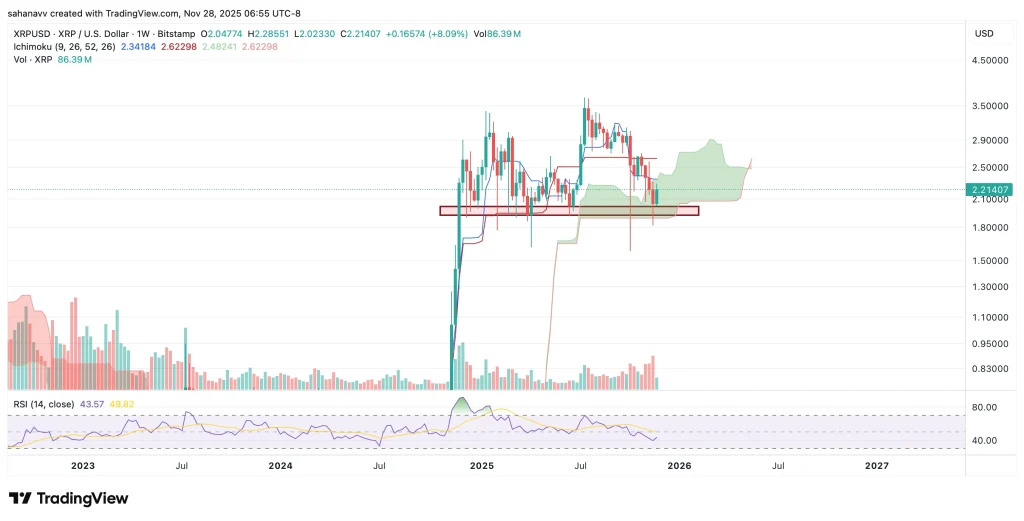Regulatory Clarity and Institutional Adoption: How CFTC-Nasdaq Collaboration is Reshaping Crypto Investment Strategies
- CFTC partners with Nasdaq to deploy real-time crypto market surveillance, enhancing fraud detection and cross-market analytics. - CLARITY Act grants CFTC exclusive jurisdiction over blockchain commodities, ending regulatory arbitrage and boosting institutional confidence. - Institutional Bitcoin holdings rose 40% YoY as CFTC's oversight and legal clarity reduce risks, enabling diversified crypto portfolios. - Proactive monitoring and $75M small-capital exemptions under CLARITY Act foster innovation while
The U.S. Commodity Futures Trading Commission's (CFTC) partnership with Nasdaq to deploy an advanced Market Surveillance platform marks a watershed moment in the evolution of crypto markets. Announced in August 2025, this collaboration equips regulators with 24/7 real-time monitoring, cross-market analytics, and automated fraud detection tools. By addressing long-standing concerns about volatility, manipulation, and regulatory ambiguity, the initiative is catalyzing institutional adoption and reshaping long-term investment strategies in digital assets.
Regulatory Modernization: A Foundation for Trust
The CFTC's adoption of Nasdaq's technology is part of a broader regulatory modernization effort. For years, the agency relied on outdated systems—some dating back to the 1990s—to oversee markets that now operate 24/7 with unprecedented complexity. Nasdaq's platform bridges this gap by enabling granular transaction-level monitoring and identifying manipulative behaviors such as wash trading, spoofing, and pump-and-dump schemes. This technological leap not only enhances market integrity but also signals to institutional investors that crypto markets are no longer a Wild West of speculation but a space with enforceable rules.
The Digital Asset Market Clarity Act (CLARITY Act), passed by the House in July 2025, further solidifies this shift. By granting the CFTC exclusive jurisdiction over blockchain-based commodities—including spot transactions—the Act eliminates regulatory arbitrage and provides a clear framework for market participants. This legislative clarity is critical for institutional investors, who previously hesitated to allocate capital due to the risk of conflicting enforcement actions from the SEC and CFTC.
Institutional Adoption: From Hesitation to Strategic Integration
The impact of these developments is already evident. Data from Q2 2025 shows a 40% year-over-year increase in institutional Bitcoin holdings, reflecting a growing confidence in the asset class. Pension funds, endowments, and asset managers are now treating crypto as a legitimate component of diversified portfolios, supported by the CFTC's enhanced oversight and the CLARITY Act's regulatory framework.
For example, the CFTC's real-time surveillance capabilities reduce the risk of sudden price swings caused by manipulative tactics. This stability encourages larger allocations to crypto, particularly in derivatives and tokenized assets. The CLARITY Act also mandates that intermediaries handling digital commodities—such as exchanges and custodians—register with the CFTC, ensuring compliance with core principles like capital adequacy and customer fund segregation. These measures align with institutional-grade standards, further lowering barriers to entry.
Market Stability and Long-Term Value Creation
The CFTC-Nasdaq partnership introduces a new era of predictability. By analyzing order book data in real time, regulators can preemptively flag disruptive trading patterns, mitigating systemic risks such as cascading liquidations during downturns. This proactive approach preserves market integrity and protects both retail and institutional investors.
Moreover, the CLARITY Act's structured framework supports innovation while maintaining investor protections. For instance, the Act allows for a $75 million exemption for small capital raises, enabling institutional investors to explore emerging crypto projects with reduced risk. At the same time, it mandates modernized recordkeeping to accommodate blockchain-based systems, ensuring regulatory infrastructure keeps pace with technological advancements.
Investment Strategies for a Regulated Future
For investors, the CFTC's collaboration with Nasdaq and the CLARITY Act represent a green light to deepen exposure to crypto markets. Here's how to position for success:
1. Prioritize Regulated Platforms: Allocate capital to CFTC-registered exchanges and custodians that comply with the CLARITY Act. These entities are more likely to withstand regulatory scrutiny and attract institutional inflows.
2. Diversify Across Asset Classes: Beyond Bitcoin and Ethereum , consider tokenized assets like real estate, carbon credits, and blockchain-based commodities, which benefit from cross-market surveillance.
3. Monitor Volatility Metrics: Use tools like the CBOE Bitcoin Volatility Index (BVOL) to gauge market sentiment. Enhanced oversight should drive volatility downward, making crypto a viable long-term asset.
4. Engage with Policy Developments: Stay informed about the CFTC's rulemaking under the CLARITY Act. Exemptions for custodial services or blockchain validation activities could unlock new opportunities.
Conclusion: A Transparent Future for Digital Assets
The CFTC's Nasdaq-powered surveillance system is more than a technological upgrade—it is a catalyst for a new era of trust and transparency in crypto markets. By addressing historical vulnerabilities and aligning with global regulatory standards, the U.S. is positioning itself as a leader in the digital asset revolution. For investors, this means a shift from speculative bets to strategic, long-term allocations in a market that is increasingly resilient, predictable, and inclusive.
As the CLARITY Act moves through the Senate and Nasdaq's platform scales to handle 300+ behaviors across 200+ markets, one thing is clear: The future of crypto is not just about innovation—it's about integrity. Investors who embrace this paradigm will be well-positioned to capitalize on the next wave of growth in a digital asset ecosystem that is finally coming of age.
Disclaimer: The content of this article solely reflects the author's opinion and does not represent the platform in any capacity. This article is not intended to serve as a reference for making investment decisions.
You may also like
No wonder Buffett finally bet on Google
Google holds the entire chain in its own hands. It does not rely on Nvidia and possesses efficient, low-cost computational sovereignty.

HYPE Price Prediction December 2025: Can Hyperliquid Absorb Its Largest Supply Shock?

XRP Price Stuck Below Key Resistance, While Hidden Bullish Structure Hints at a Move To $3

Bitcoin Price Prediction: Recovery Targets $92K–$101K as Market Stabilizes